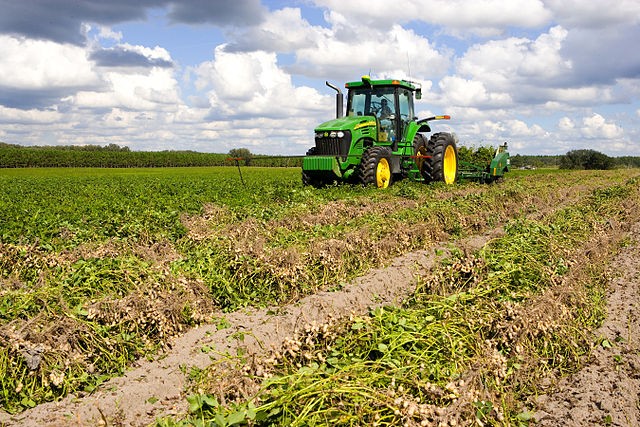LEON COUNTY, FL—A black farmer filed suit last Friday against the state of Florida, alleging that an unconstitutional “special” law is preventing him from access to growers’ licenses by imposing narrow restrictions on qualifications for African-American farmers. Florida Department of Health, who oversees state medical marijuana licensing, is the defendant in the case.
Columbus Smith, an 80-year old farmer from Panama City, says he’s unable to obtain a cannabis cultivation license in Florida, due to a new law that requires eligible African-American farmers to be members of Black Farmers and Agriculturalists Association (BFAA)-Florida Chapter. However, the BFAA’s Florida chapter has not been accepting members since before the new “special” law requiring membership was imposed, in June.
Smith was a plaintiff in a landmark civil rights case, Pigford v. Glickman, in which thousands of black farmers filed a class action suit against the federal government for discrimination. That case was settled by the United States Department of Agriculture in 1999.
The current suit was first covered on the Vegetable and Specialty Crop News, which quoted Smith from a prepared statement: “I’m a black farmer. I sought membership in the Florida Chapter of the Black Farmers and Agriculturalists Association so that I can be licensed to grow and produce medical marijuana under the new laws in the state of Florida. All of my life I have been discriminated against, so when I had to file a discrimination lawsuit in the Pigford case, I understood. But when I was told I could not join the BFAA, I was shocked and disappointed. And this, I could not understand.”
The new law added ten additional licenses to be issued by October 3, with one license to go to an African-American farmer. Smith fulfilled one requirement of the new law that requires the farmer to also have been part of a lawsuit, in which they received an award or settlement from the federal government for discrimination. But he has been prevented from obtaining a license because he cannot fulfill the requirement for membership in the BFAA.
“There is no rational basis for limiting the opportunity of black farmers to obtain a medical marijuana license to only the few members of that class of black farmers who are also member of a specific private association,” the suit read. It was filed in Leon County district court.
Under previous Florida requirements for obtaining a cultivation license, applicants had to be commercial nurseries established in the state for 30 years or more, and with capacity of at least 400,000 plants. Industry and patient advocates argued the requirements effectively blocked smaller producers out of the market. The law that Smith is currently challenging in court was enacted, in part, to address those concerns.










